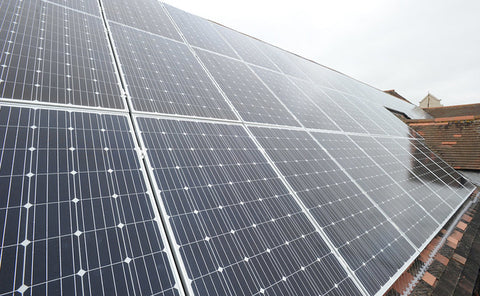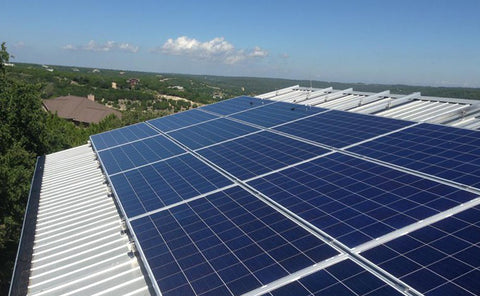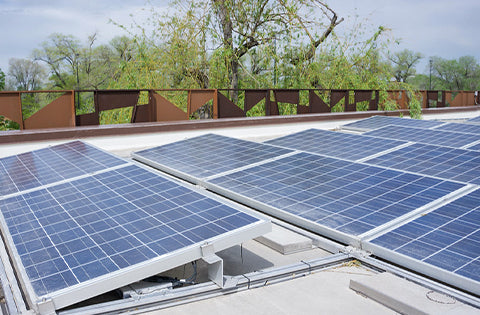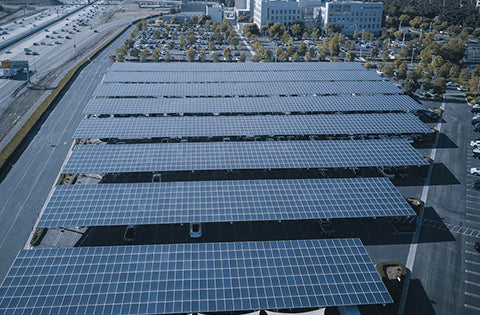Adopting solar energy offers homeowners many great benefits. One of the best – for those who can take advantage of it – is net metering, also referred to as net energy metering. With net metering, you can be credited for any extra clean energy your solar panels produce and send back to the electric grid.
These extra credits roll over monthly, until they are trued up on an annual basis. The bill crediting, rollover and true-up structure ensures that homeowners can use their solar system to offset their home electricity consumption over the course of the year. It’s important to note that net metering programs place limits on the size of a solar system, to ensure the solar power generated matches your approximate annual electricity consumption.

Most homeowners rely on the grid to power their homes some of the time, like at night for example. When that happens, your utility charges a regular retail rate for the grid electricity consumed. With net metering, that process goes in reverse. A system producing extra electricity through solar then sends it back to the grid making the electric meter run backward.
Under an ideal net metering program, you receive a credit for that grid-bound energy at the same retail rate charged by your utility for any in-bound energy needed. At the end of the billing period, the utility provides a credit on your electricity bill for the net amount of energy they send back to the grid, which gives us the name “net energy metering.”
But net metering program details are determined by state elected officials and regulators. This means the value of the credits homeowners receive for the extra clean energy they send to the grid and can vary by state and utility. Not all net energy metering programs give people the full retail rate on their electricity bill for the extra clean energy they generate from their solar system that goes back to the grid.

Also, not all solar systems are large enough to produce enough energy to meet your annual electricity consumption. Some homes have small solar systems that offset only a portion of your annual energy usage. But for many homes with large solar systems, net metering can save people hundreds of dollars a year. And while net metering does not typically “pay” homeowners money directly, it does cut the cost of their energy bills, and that – along with free, clean energy each month – helps pay off the cost of their solar systems.
You can also go to SOLARPARTS to quickly find out how your new solar system will look on your property and how much you can save each month in energy bills.
Twitter: Solarparts Instagram: Solarparts
Tumblr: Solarparts Pinterest: Solarparts
Facebook: Shenzhen Solarparts Inc
Email address: Philip@isolarparts.com
Homepage: www.isolarparts.com



